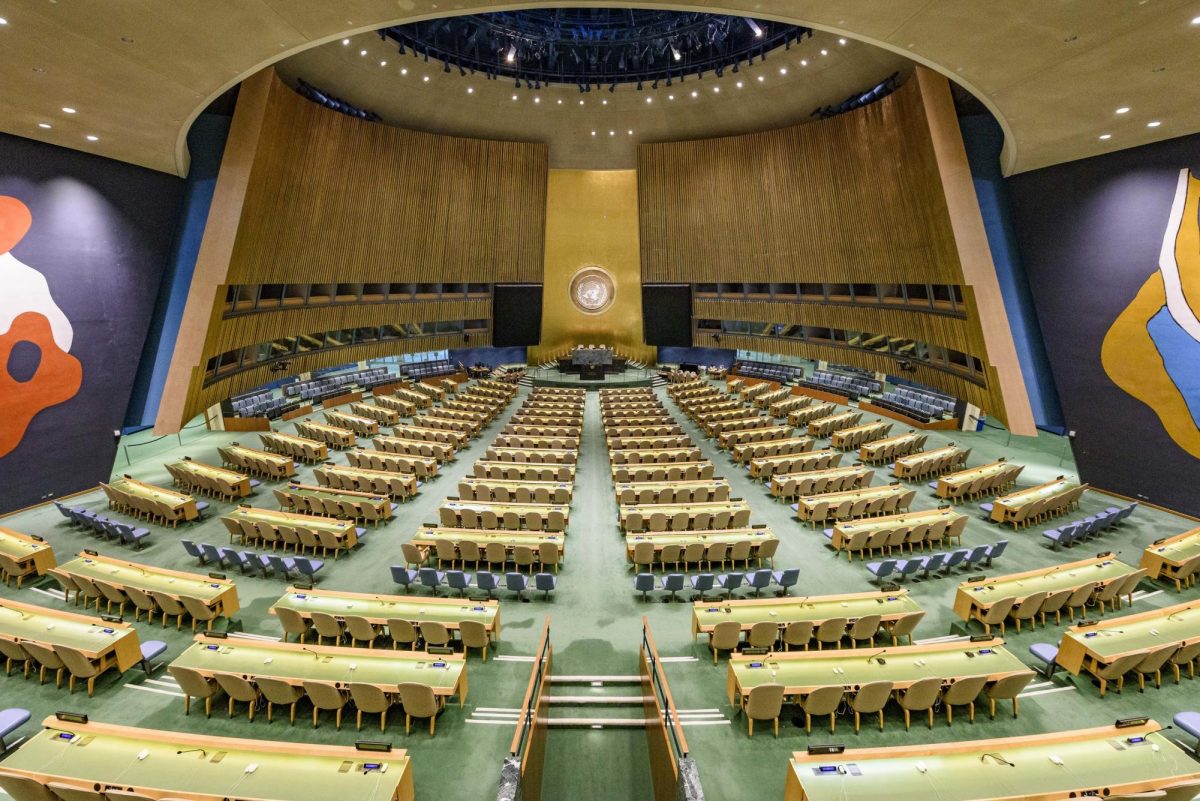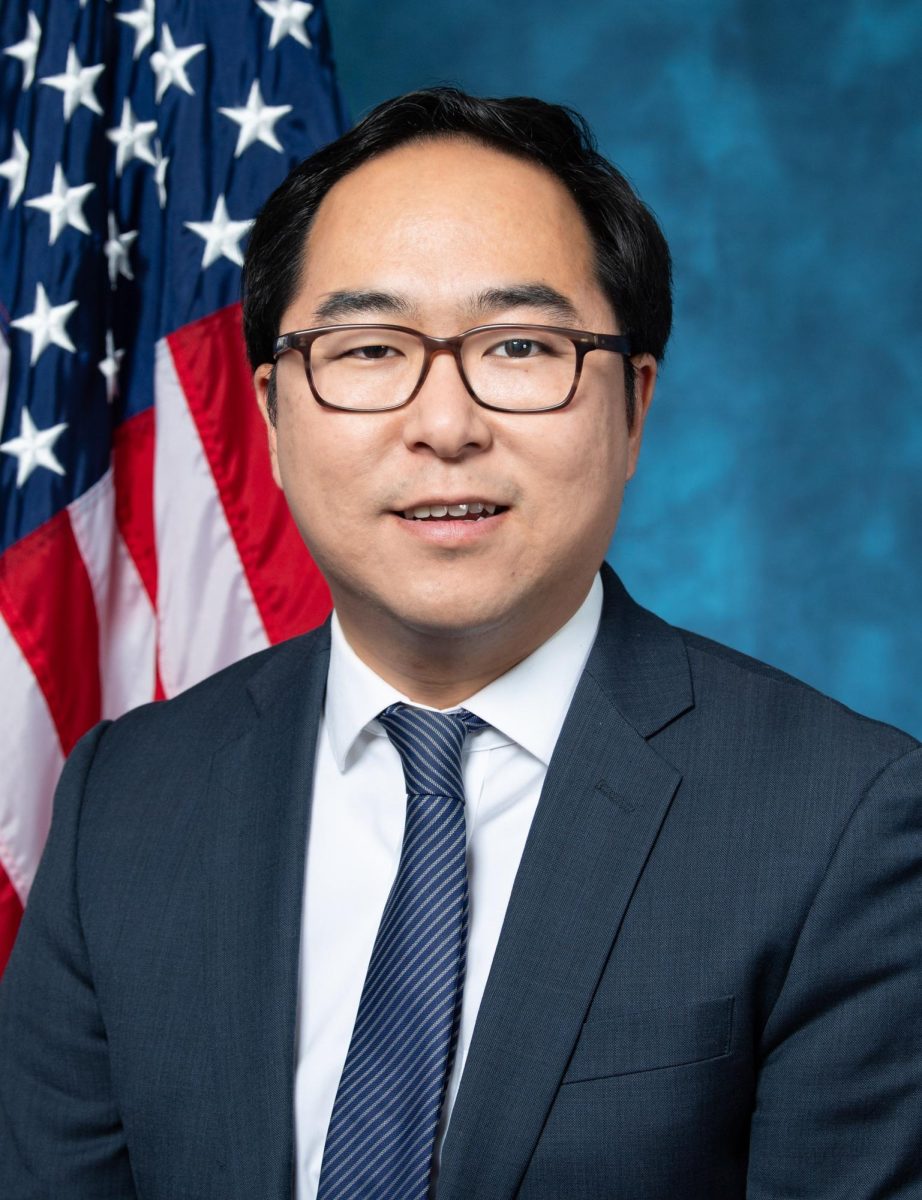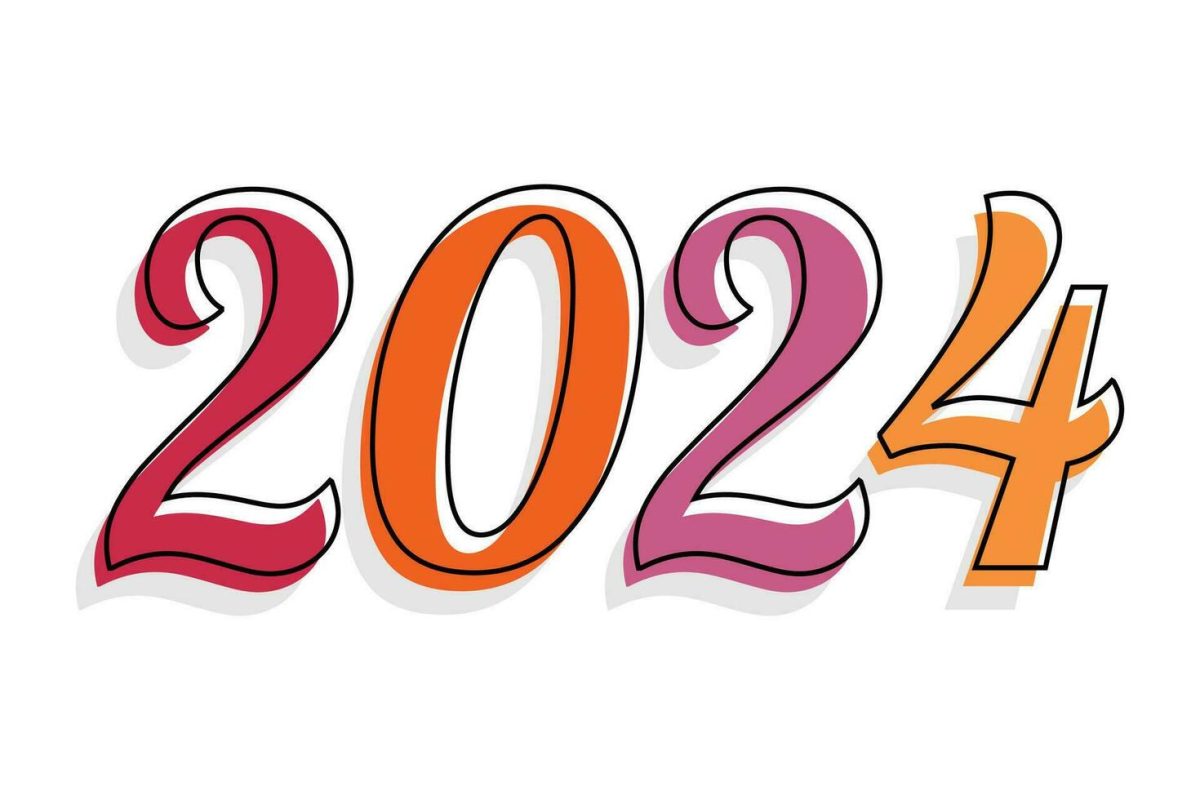For the past couple of weeks, the 78th General Assembly meeting has dominated the news headlines (and New York City traffic). Every year, from September to January, the GA meets at the United Nations headquarters to intensively discuss all international matters at hand.
The United Nations has representatives from each country who come together to foster peace, security, and international cooperation. The General Assembly is the main policymaking organ within the UN. The Member States meet here annually to discuss and make recommendations on world issues. Participants in the GA face immense pressure during these meetings, as their discussion and recommendations could cause controversy in the public eye. Each year, protestors and activists gather near the UN to voice their concerns. Many question the productiveness of the UN itself. Nonetheless, it would be wrong to dismiss all of its contributions as over 300 resolutions have been passed because of the past 77 General Assemblies and meetings.
This year, specifically, there is a lot on the GA’s plate. Although there isn’t a headlining topic of discussion – the key points will be Sustainable Development Goals (SDGs); the ongoing conflict between Russia and Ukraine; increasing inequality/hate; and, finally, economic concerns. With 193 Member States participating, many people wonder how discussions even take place. The process may seem complicated but it is quite simple: Each country’s leader or designated representative gets 15 minutes at the podium to voice their concerns for both their nation and the rest of the world. They then vote on matters, with each leader holding one vote.
As stated before, a central topic every year is the SDGs. This has been a major topic since January of 2016. There are 17 goals within the SDGs. These goals encapsulate a variety of pertinent issues such as climate action, good health, and well-being, clean energy, sustainability, gender equality, and poverty. When these goals were first established in 2016, they were set to be achieved by 2030. Some may argue that this is plenty of time. However, others believe that the world is nowhere near achieving them. Mr. Mohan, a history teacher here at Wayne Hills brought up a great question when talking about the incentives of these goals: “…is it better to have almost unreachable [ambitious] goals and fall short, or have really mediocre goals and be successful…” He also mentioned that as a society, we should recognize that these “incentives are sort of misaligned to a large degree in terms of who’s being benefitted and who’s being harmed and who needs to do the heavy lifting of making the world a better place.”
It will be interesting to see what the GA comes up with in these upcoming months. Our world faces very complex and diverse issues. With unique perspectives and ideas coming from each nation, will they take the steps needed to implement the change the world urgently needs? With the pressing conflict facing the people of today’s society, we are reminded of the monumental task we face as a global community.



















